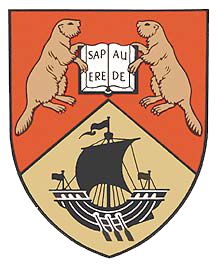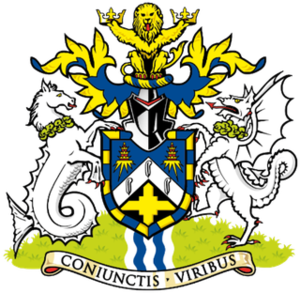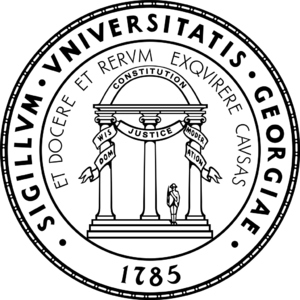Many thanks to our Patrons who cover ~2/3 of our hosting bill. Please join them if you can.
1785
Jump to navigation
Jump to search
1775 < 1776 < 1777 < 1778 < 1779 < 1780 < 1781 <1782 < 1783 < 1784 < 1785 > 1786 > 1787 > 1788 > 1789 > 1790 > 1791 > 1792 > 1793 > 1794 > 1795
 | |
| year 1785 |
Events
- January 1 – The first issue of the Daily Universal Register, later known as The Times, is published in London.
- February 9 – Sir Warren Hastings, who has been governing India on behalf of King George III as the Governor-General of the Presidency of Fort William (later British India), resigns. Sir John Macpherson administers British India until General Charles Cornwallis arrives 19 months later.[1]
- March 10 -Thomas Jefferson is appointed the new U.S. Minister to France, and Benjamin Franklin's request for permission to return home is accepted.
- April 21 – The Empress Catherine the Great of the Russian Empire issues the Charter to the Towns, providing for "a coherent, unified system of administration" for new governments organized in Russia.
- August 15 – Cardinal de Rohan is arrested in Paris; the Necklace Affair comes into the open.
- September 13 - The Bank of North America, central bank for the Confederation Congress government, loses its charter.[2]
- September 13 -Benjamin Franklin returns to Philadelphia after seven years as the U.S. Ambassador to France and prepares to take office as the new Governor of Pennsylvania.[3]
- October 13 – The first newspaper in British India, the English-language Madras Courier, is published. It continues publication as a weekly until 1794.[4]
- October 13 – France mints new Louis d'or coins, with the image of King Louis XVI on the obverse, and one-sixth less gold than the coins with King Louis XV's image.[5]
- October 17 – The Commonwealth of Virginia stops the importation of new African slaves by declaring that "No persons shall henceforth be slaves within this commonwealth, except such as were so on the seventeenth day of October, 1785, and the descendants of the females of them." [6]
- October 18 – Benjamin Franklin takes office as the new President of the Supreme Council of Pennsylvania, at the time the equivalent of a republic as one of the 13 independent governments of the United States of America under the Articles of Confederation.
- December 11 – An edict is issued limiting Masonic lodges throughout the Holy Roman Empire by Emperor Joseph II. With the exception of Vienna, Budapest and Prague, no Empire province may have more than one lodge.[7]
New Groups
| Group | Image | Type | Description |
|---|---|---|---|
| University of New Brunswick |  | University in New Brunswick, Canada | |
| Queen Mary University of London |  | Public Research university | A public research university in London. There are nine Nobel Laureates amongst Queen Mary's alumni. |
| University of Georgia |  | Research University Public Flagship Land-grant university Regional Sun Grant university National Sea Grant university National Space Grant university | The oldest public university in the United States. Public Ivy. |
Many thanks to our Patrons who cover ~2/3 of our hosting bill. Please join them if you can.
References
- ↑ G.S.Chhabra, Advance Study in the History of Modern India, Volume-1: 1707-1803 (Lotus Press, 2005) p282
- ↑ Lawrence Lewis, A History of the Bank of North America, the First Bank Chartered in the United States" (J.B. Lippincott & Company, 1882) p54
- ↑ Paul Zall, Benjamin Franklin's Humor (University Press of Kentucky, 2005) p153
- ↑ Henry Davison Love, ed., Indian Records Series: Vestiges of Old Madras, 1640-1800 (Mittal Publications, p440
- ↑ Jean-Baptise Say, A Treatise on Political Economy (Ludwig von Mises Institute, 2008) p254
- ↑ W. E. B. Du Bois, The Suppression of the African Slave-Trade (Wilberforce University, 1896, reprinted by Oxford University Press, 2014) p xxv
- ↑ Jasper Ridley, The Freemasons: A History of the World's Most Powerful Secret Society (Skyhorse Publishing, 2011)